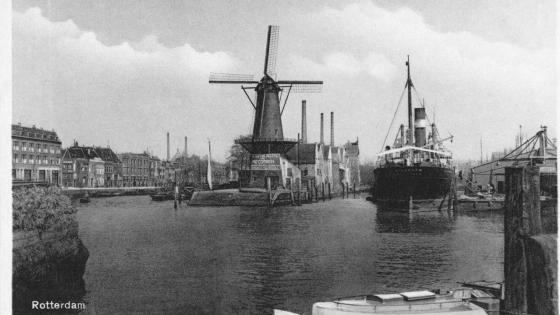DP467 Savings, Investment, Government Finance and the Current Account: The Dutch Experience
The problems experienced by the Dutch economy during the last seven years are discussed, problems for future development of the Dutch economy pinpointed and the political-economic debate in the Netherlands surveyed. Ten rules for sound government finance are formulated, and it is argued that the political reality of budget cuts has led to the crowding-out of government investment. Consequently, government productive assets have not kept up with the explosion of government debt, so the net worth of the public sector has declined since 1982. Dutch monetary policy is geared towards the discipline of not using seigniorage for government finance and pegging the stock of nominal government debt. Consumption smoothing suggests that, given liberalized capital markets, investment should be financed through the current account of the the balance of payments, but little evidence can be found for this. This may be due to the `structural budget deficit' rule which has been implemented by Jelle Zijlstra.


